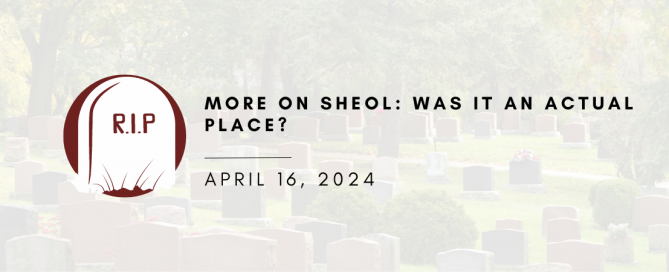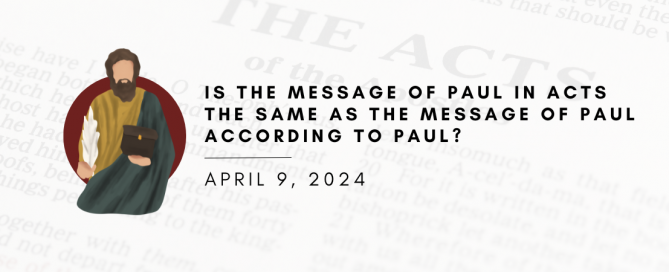Responses to my Post on the Discovery of an Ancient Manuscript of the Quran
After I posted on the discovery of an ancient manuscript of the Quran (years ago; but I reposted it yesterday) I received a bunch of comments (years ago) that I responded to (years ago). Here's a repost of the back and forth, with a couple of tough ones here. ********************* My post on Saturday about the discovery of two pages of the Qur’an in the library of the University of Birmingham that appear to date from the time of Mohammad himself. or a decade or so later, evoked more than the usual response. My Facebook post has received nearly 260,000 hits. I think before that my previous highest hit total was 25,000 or so. Amazing amount of interest in this. And so I’m going to do something I’ve never done before on the 3+ years of the blog: I’m going to post several comments that I have received (on the assumption that many people reading the blog do not read all the comments and my responses to them) (if I’m completely wrong about [...]



